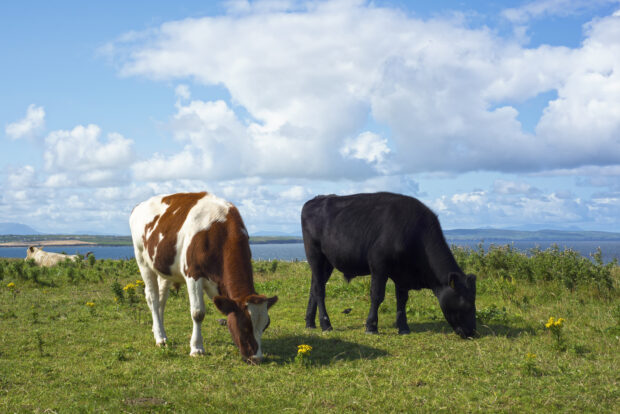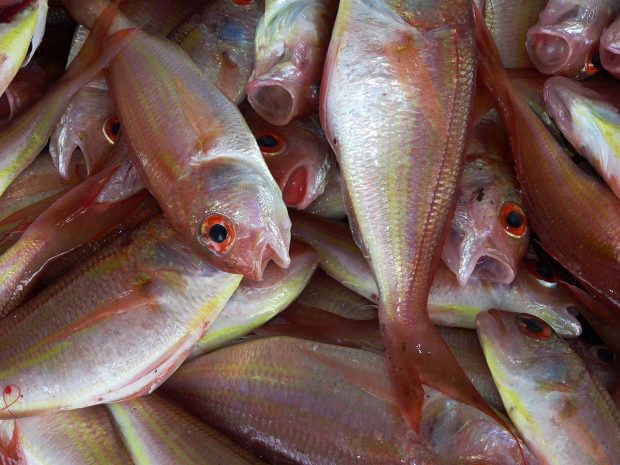
Today there has been widespread print, online and broadcast coverage of a new study by the Zoological Society of London’s (ZSL) Institute of Zoology and Imperial College.
This coverage focuses on the report suggesting that badgers roam further afield when culling starts nearby and potentially increasing the spread of the damaging animal disease bovine tuberculosis.
The Government’s policy already takes into account a potential increase in badger movement by ensuring there is an intensive cull across an area. Also, other research shows culls in Higher Risk Areas have had a positive impact on bTB incidence in cattle, which is the key measurement by which the effectiveness TB prevention can be tested.
The National Farmers’ Union’s reaction, disputing the coverage and saying the study is small and only covered one county, is also widely carried.
This report has been covered by, amongst others, the Guardian, BBC Radio 4’s Today programme, the I, the Sun, Western Daily Press, Yorkshire Post (p.8), New Scientist, BBC News and Sky News.
A Defra spokesperson said:
Bovine TB remains the greatest animal health threat to the UK, costing taxpayers over £100 million every year as well as causing devastation and distress for farmers and rural communities.
There is no single measure that will provide an easy answer to beating the disease and we are pursuing a range of interventions to eradicate it by 2038, including tighter cattle movement controls, regular testing and vaccinations.
Fish export certificates ahead of Brexit

Following comments made yesterday during the International Trade Committee hearing by fishing industry representatives, The Guardian published an article online suggesting that a lack of vets to sign off fish export consignments in the tight time frames required could lead to fish exports to the EU grinding to a halt within 48hrs after Brexit. The story was also covered by The Times and Western Morning News.
The fact is that both local authority officers and vets will be able to sign off the certificates the fishing industry needs to export, and this can be done away from the border. We are also introducing measures to further streamline the process so exporters receive the necessary documentation as quickly as possible.
This work is on top of the robust arrangements we’ve put in place to help the UK fishing industry prepare, including £37.2 million of new funding to ensure our world renowned seafood industry thrives as we leave the EU on 31 October.
We are working with industry to provide information to ensure exporters provide the right documentation necessary for their consignments to be cleared at the border for placing on the market in the EU.
Furthermore, our risk-based system will follow a ‘trusted trader’ approach with random physical checks, ensuring that most consignments are expedited for obtaining certificates.
A Defra spokesperson said:
We will be ready for Brexit on 31 October, with or without a deal.
The fact is that both local authority officers and vets will be able to sign off the certificates the fishing industry needs to export, and this can be done away from the border. We are also introducing measures to further streamline the process so exporters receive the necessary documentation as quickly as possible.
This work is on top of the robust arrangements we’ve put in place to help the UK fishing industry prepare, including £37.2 million of new funding to ensure our world renowned seafood industry thrives as we leave the EU on 31 October.